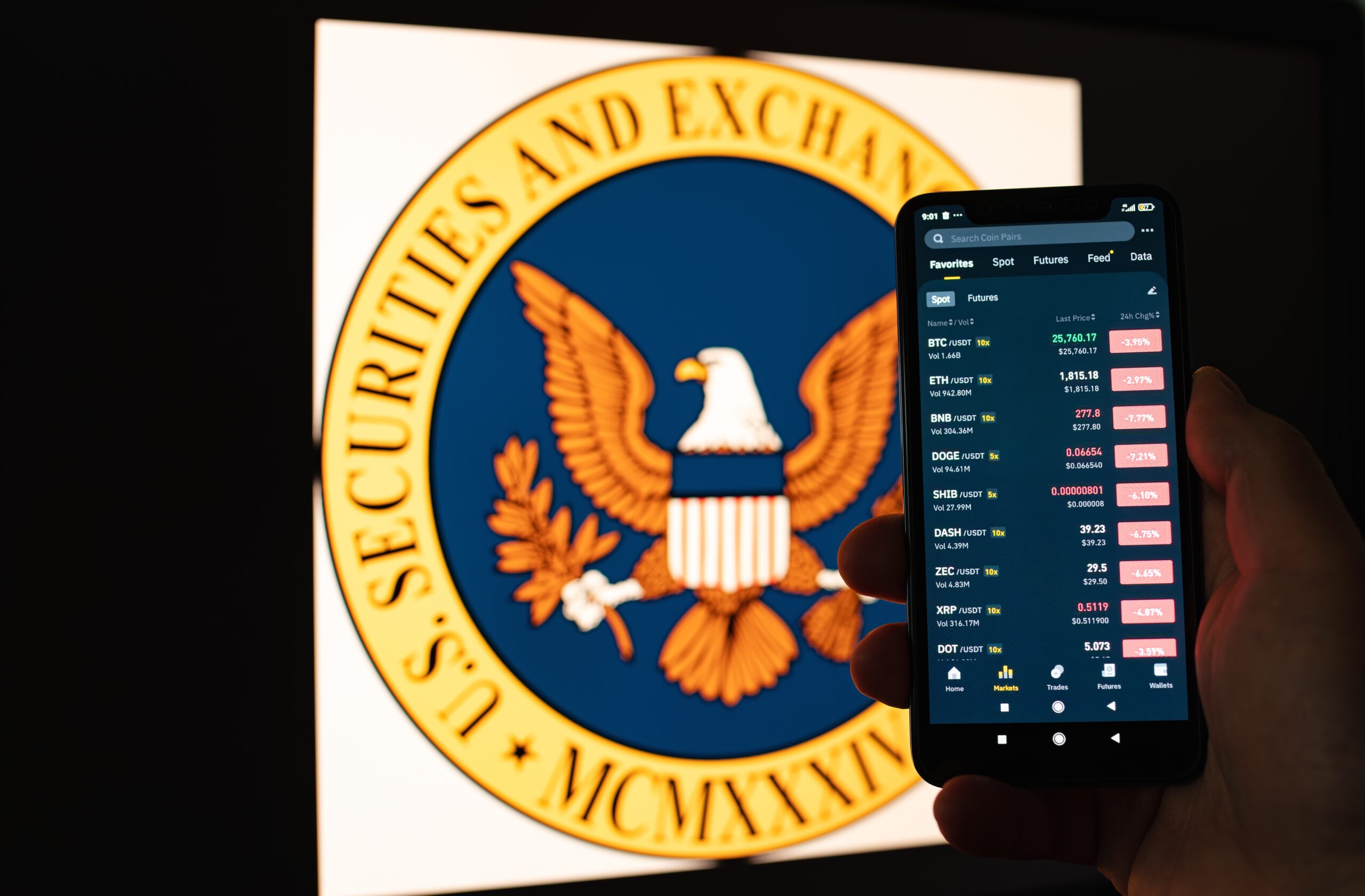Gary Gensler, the US Securities and Exchange Commission (SEC) chair, will be telling the Senate Banking Committee that crypto falls under the commission’s jurisdiction.
Gensler, scheduled to appear today, 12 September, is set to argue that most crypto should follow the same laws as other securities like company shares.
This is just weeks after the SEC has seen major setbacks in the courts. Over the past two months, the agency has lost appeals to both Grayscale and Ripple, which are seen as big blows to the SEC.
Gensler’s expected argument
At the Senate Banking Committee on Tuesday morning, Gensler will be sticking to his consistent argument that almost all digital assets meet the Howey test. This is a legal test that determines whether an asset or transaction can be classified as a security.
Gensler’s prepared testimony published on 11 September said: “Given this industry’s wide-ranging noncompliance with the securities laws, it’s not surprising that we’ve seen many problems in these markets. We’ve seen this story before. It’s reminiscent of what we had in the 1920s before the federal securities laws were put in place.”
He added: “Thus, we have brought a number of enforcement actions—some settled, and some in litigation—to hold wrongdoers accountable and promote investor protection.”
SEC setback on Grayscale
After a summer break, Congress is now officially back in action in Washington. As such, the SEC chair is likely to face questions about several crypto related court decisions made over the previous months.
Grayscale got a win in late August when a federal court overturned the SEC’s decision to block the asset management firm’s Bitcoin spot ETF. The judge ruled that the commission must re-review the application. This now paves the way for the first spot $BTC ETF.
After the decision was made, the SEC was given a 45-day window to appeal it. If filed, the appeal could either be brought before the US Supreme Court or undergo a panel review.
The SEC would have to face wide-ranging implications if the ETF was approved. It could potentially open up the doors for the crypto industry to attract significant funds from everyday investors.
This recent court decision has also result in the filing of more Bitcoin ETFs from other firms.
Recent ripple decision
Just a month earlier, the SEC faced another setback. Ripple, the issuer behind $XRP, received a partial win when a judge ruled that some of the XRP sales did not violate securities laws.
However, Judge Analisa Torres did rule that other sales of the cryptocurrency to institutions were classified as securities, meaning a similarly partial win for the SEC.
While the SEC is currently in the process of an appeal of Ripple’s win, it’s expected that many other crypto-related lawsuits spurred by the commission will reference it in their defences.
Ongoing SEC cases
The upcoming committee also follows the SEC suing both Coinbase and Binance for not registering as an exchange. The latter is currently facing 12 other charges, including selling unregistered securities.
But, the SEC chair said in his prepared testimony that he would not be talking about current cases like these ones.
He explained: “While I’m happy to discuss the SEC’s work, I will not be able to comment on any active, ongoing litigation.”


